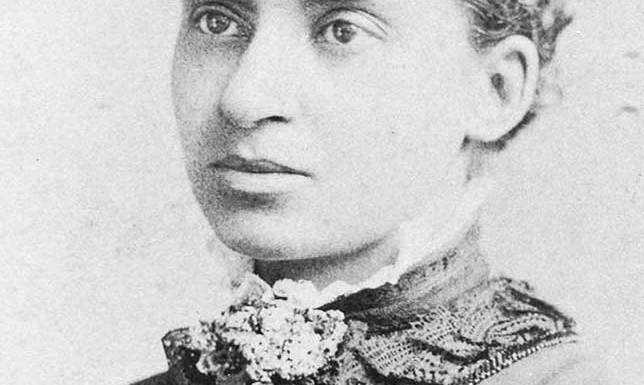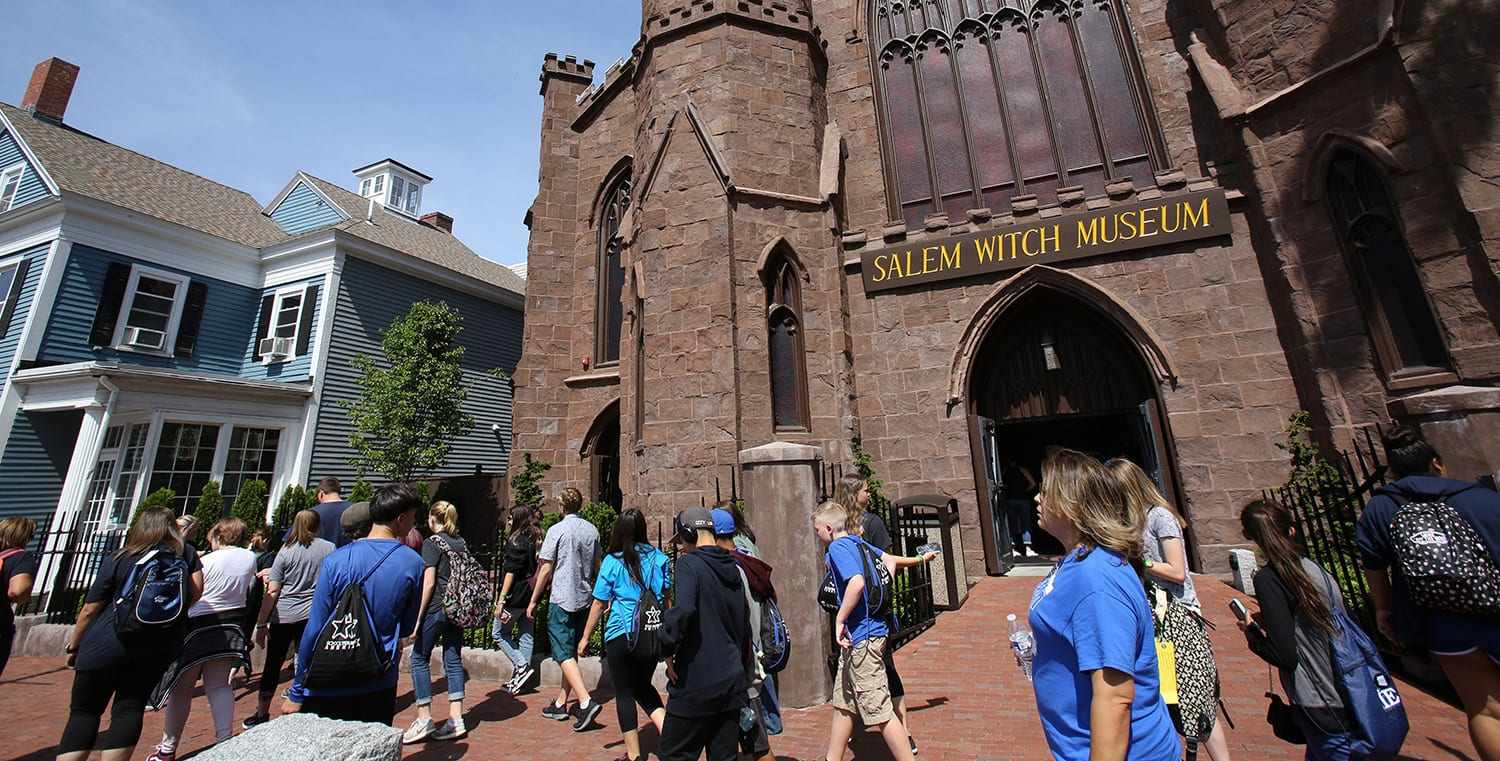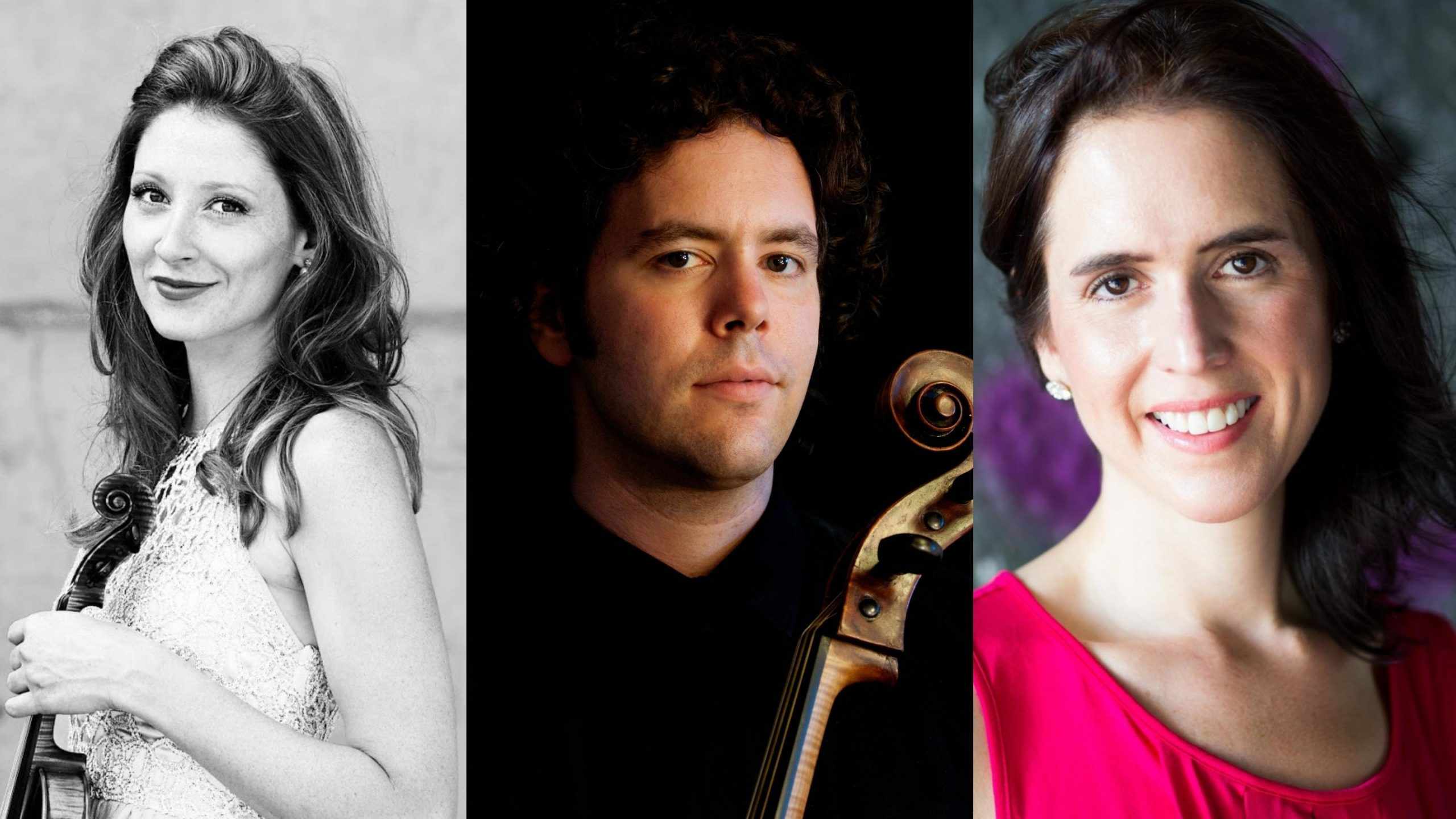
Salem’s Mayor Kim Driscoll has named the last Sunday in March as Salem Women’s History Day, highlighting the accomplishments of North Shore women since Salem’s foundation in 1626. This annual event has brought together historic house museums and institutions for special events honoring these great women for the last few years.
Here are 7 great women who helped shaped Salem’s history into what it is today.
Charlotte Forten Grimké

“The long, dark night of the Past, with all its sorrows and its fears, was forgotten; and for the Future—the eyes of these freed children see no clouds in it. It is full of sunlight, they think, and they trust in it, perfectly.” – Charlotte Forten
Charlotte Forten Grimké (August 17, 1837 – July 23, 1914) was an anti-slavery activist, poet, and educator and the first African-American person to teach white students in a Salem, MA public school. The newly created public park in Salem at 284 Derby Street is now named for her.
Caroline Emmerton

Caroline Osgood Emmerton (1866–1942) was a wealthy philanthropist from Salem, Massachusetts who established The House of the Seven Gables as a combined historic site and settlement house in 1907.
In 1916, Caroline Emmerton’s Settlement House served the immigrant families living in the neighborhood of the museum. The children often attended classes that taught household and industrial skills like cooking, woodworking, sewing, and gardening. The House of the Seven Gables continues Emmerton’s legacy today with ongoing programming.
Lydia Pinkham

Lynn-native Lydia Pinkham (February 9, 1819 – May 17, 1883) was an entrepreneur and pioneer for women’s health in an age where, frankly, women’s issues weren’t being considered. Although she’s seen as a controversial figure, modern-day feminists admire her for distributing information on menstruation and women’s health issues.
In 1922, Lydia’s daughter Aroline Pinkham Chase Gove founded the Lydia E. Pinkham Memorial Clinic in Salem, Massachusetts, to provide health services to young mothers and their children.
Anna Phillips

In 1821 four intact rooms from an earlier house were transported by ox sled to Salem’s fashionable Chestnut Street to form the core of a new Federal-style mansion being built by Captain Nathaniel West. In the 20th Century, Anna Phillips, wife of Stephen Phillips, bought the property and renovated it to its current splendor.
Today The Phillips House remains the only historic house on Chestnut Street open to the public.
Sarah Parker Remond

“My strongest desire through life has been to be educated.” – Sarah Parker Remond
Born free in Salem, Sarah Parker Remond (June 6, 1826 – December 13, 1894) was a lecturer, abolitionist, and agent of the American Anti-Slavery Society.
In 1999, the Massachusetts State House included Remond in their honoring of six outstanding women of the state. They installed a series of six tall marble panels with a bronze bust in each.
Annie Stevens Perkins

Annie Stevens Perkins (April 12, 1868 – ?) was a writer and a graduate of the Salem Normal School, now Salem State University. Her early work, both stories and poetry, was published in the Salem Gazette, Watchman, Golden Rule, the Silver Cross, among others. During her life she published two larger works: Appointed paths in 1896 and Thoughts of Peace in 1891.
Elizabeth Peabody

Elizabeth Palmer Peabody (May 16, 1804 – January 3, 1894) was an American educator who opened the first English-language kindergarten in the United States. She was the sister to painter Sophia Peabody Hawthorne, wife of author Nathanial Hawthorne, and writer Mary Tyler Peabody Mann (wife of educator Horace Mann).

Salem Women’s History Day Events
from the House of the Seven Gables
- Mary Harrod Northend: The Tireless Traditionalist | The House of the Seven Gables | Ongoing
- Exhibition – Made It: The Women Who Revolutionized Fashion | Peabody Essex Museum | Ongoing until March 14th
- Intersectional Identities in the Archive: Celebrating Our Black, Queer Voices | Salem State University | Monday, March 8th @ 11:00 am
- The Life and Impact of Calendar Girl Ruth Finley | Peabody Essex Museum | Wednesday, March 10th @ 7:00 pm
- ‘Machinal’ by Sophie Treadwell | Salem State University | March 11-March 18
- Give Voice: Poetry in Response to The Salem Witch Trials 1692 | Peabody Essex Museum | March 20 @ 7:00 pm
- PEM Dialogues with Sarah Lewis | Peabody Essex Museum | Tuesday, March 23, 2021 at 5 pm
- Lauren Willig: Band of Sisters | Salem Athenaeum | Thursday, March 25 @ 7:00 pm
- I Am Enough: A Virtual Retreat for Women | The Artful Life Counseling Center and Studio | Friday, Mar 26, 2021 @ 6:30pm
- The Marble Flock–when Salem lived in Rome | History Alive, Inc. | March 14 & March 28 @ 8:00 pm
- Salem’s Indigenous Women’s History Lecture | Witch House/Pioneer Village | Sunday, March 28th @ 12:00 pm
- Unsung Heroes: Black Women in Essex County | Salem Maritime NHS and Essex Heritage | Sunday, March 28th @ 1:30 pm
- Four Centuries of Salem Women | Historic New England’s Phillips House | Wednesday, March 31 @ 5:30 pm

This month, Creative Collective is celebrating Women’s History Month! Follow along as we tell the stories of women small business owners and woman-led organizations.
And make sure to use the hashtags #shareHERstory, #shareTHEIRstory*, or #shareXYRstory to highlight the women, the femmes/fems, and the non-binary/genderqueer individuals in your community who have and are continuing to inspire you.







